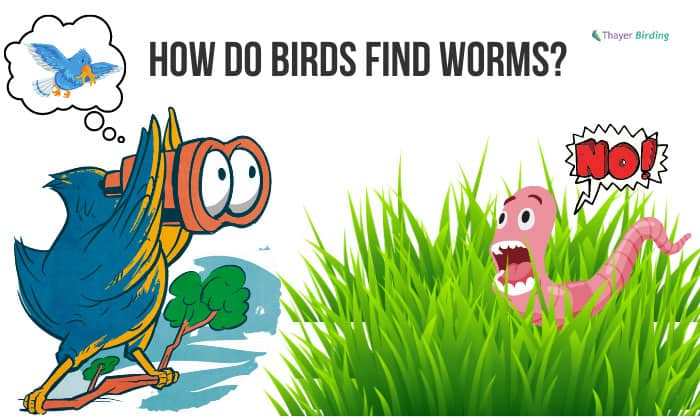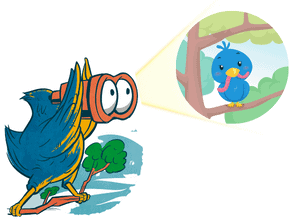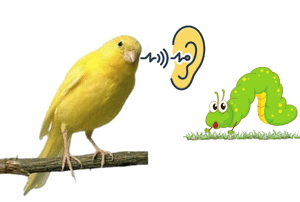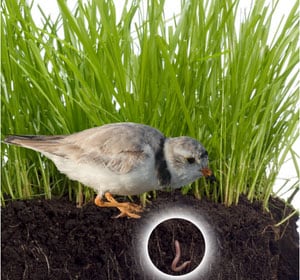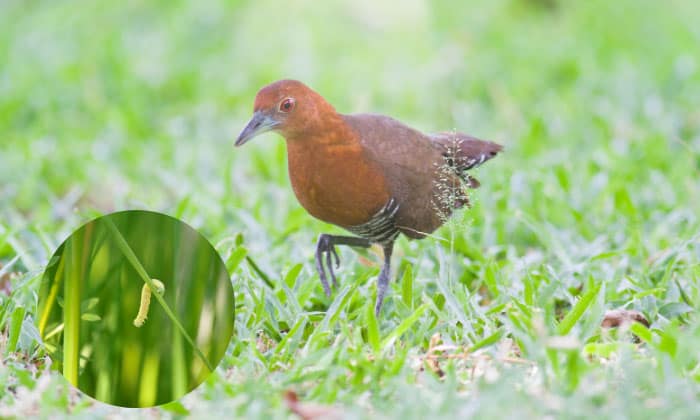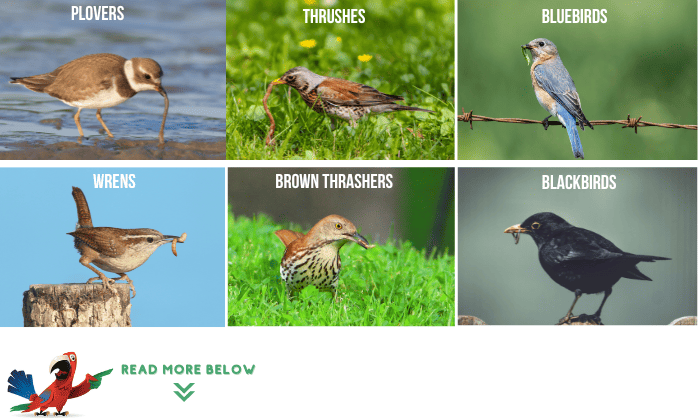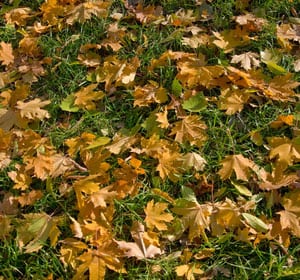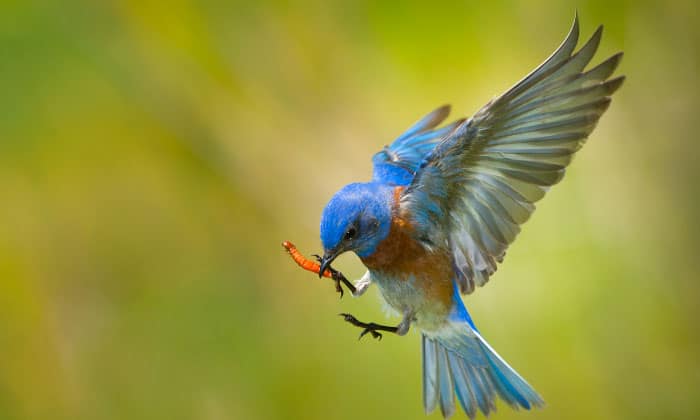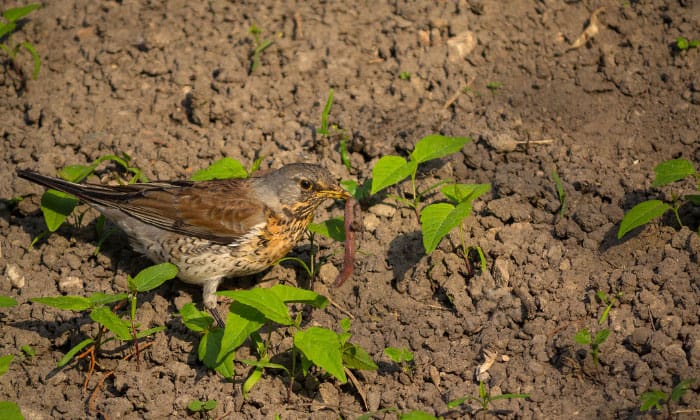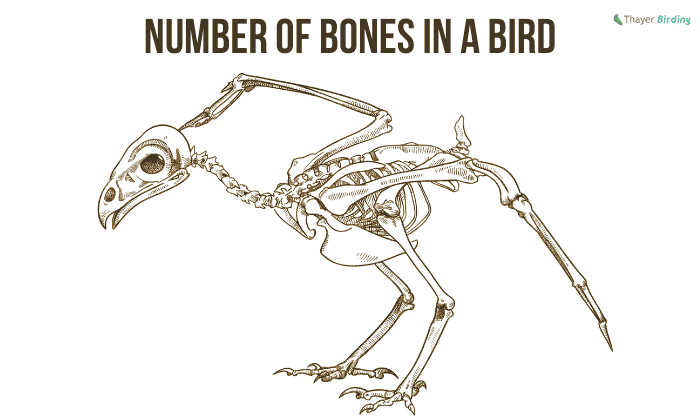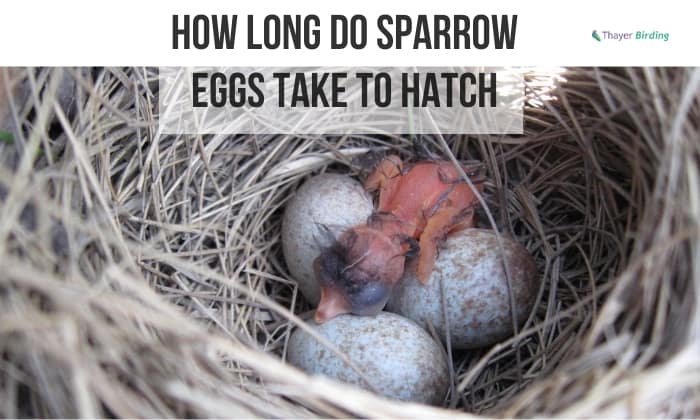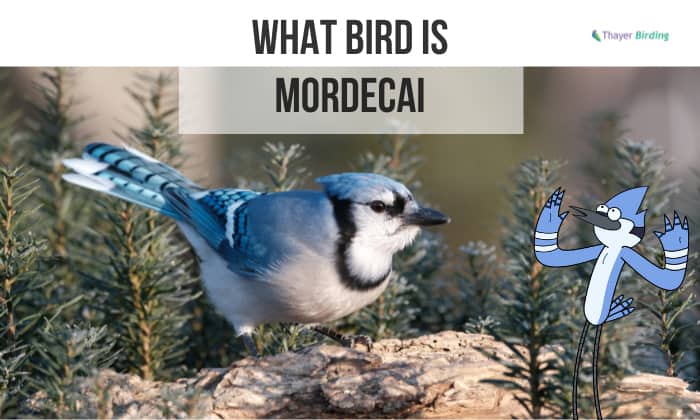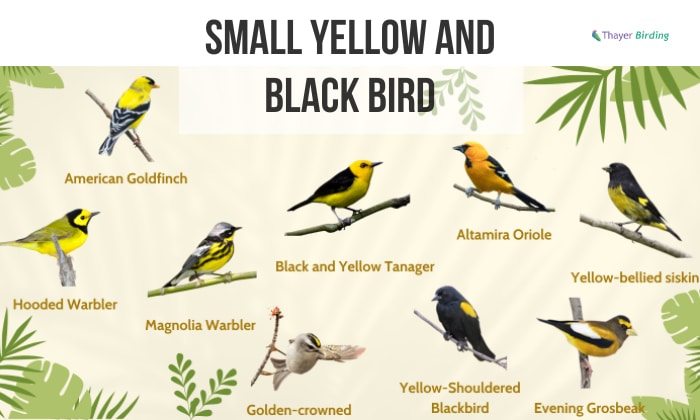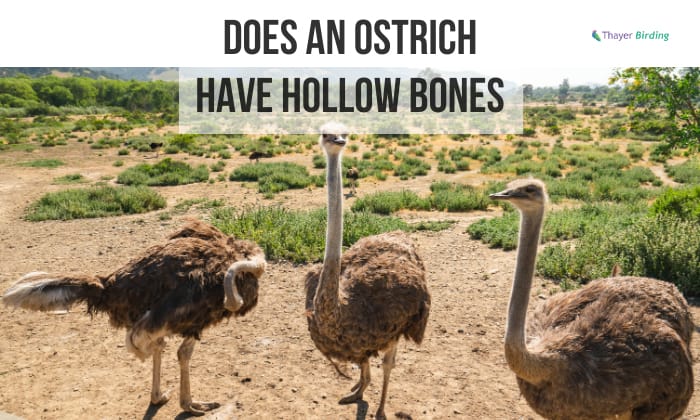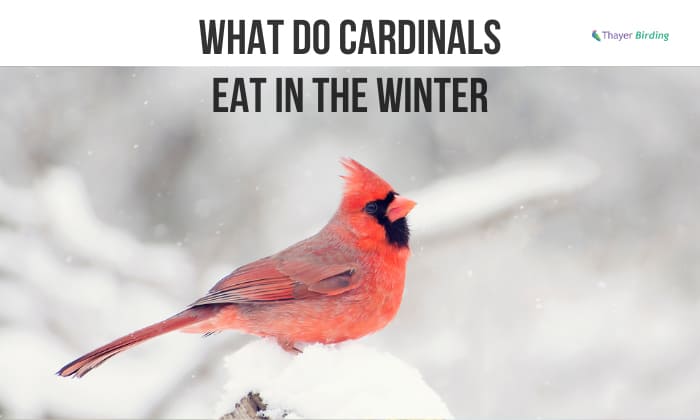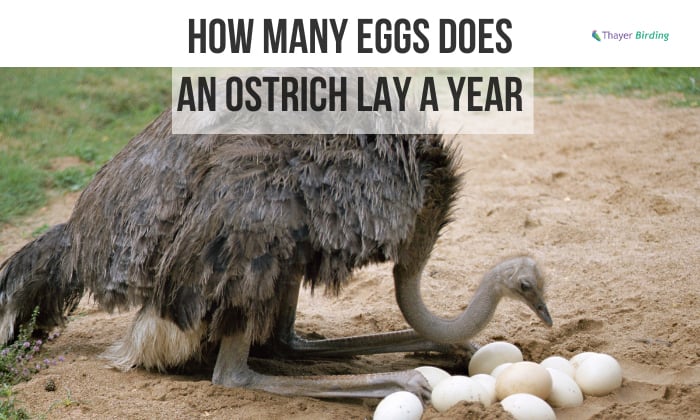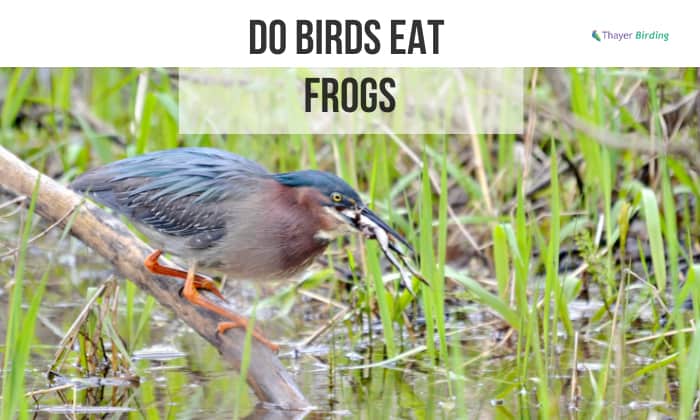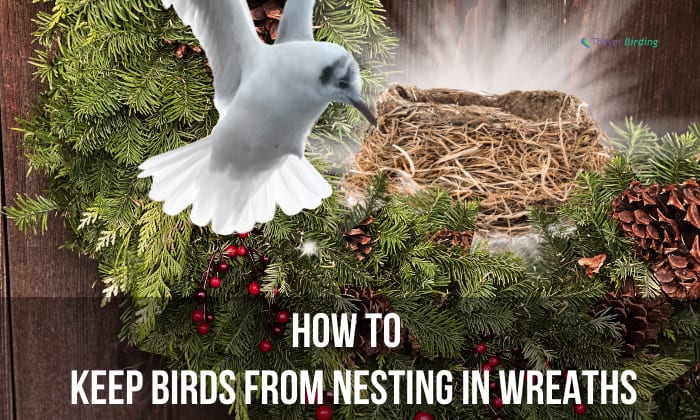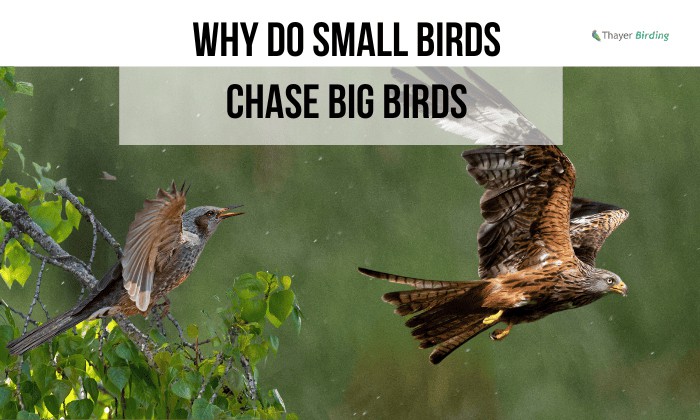When it comes to natural bird food the first to come up in a person’s mind would be worms. It’s there in every cartoon show and storybook. Birds are clever creatures skilled in forging, but how do birds find worms?
After years of development, birds have gained peak physical senses, their vision, hearing, and touch, that enable them to detect the slightest movements or changes. These attributes allow them to pinpoint the location of different food including worms.
Table of Contents
How Can Birds Find Worms?
Birds gather their food with the help of their senses to survive. As omnivores, a bird’s diet can consist of seeds, bugs, and worms. Now, how would birds know where worms are?
You can’t find worms immediately just by looking at them from the soil’s surface, but they’re there. Birds have sharp eyes that can detect movement from a distance, but it’s the vibrations and sounds of the earth that help them find food.
1. A bird’s sense of vision
Birds use their impressive vision to pinpoint the location of the worms, an important tool that can detect worms even when covered by dirt. Their sense of sight can see if the soil or grass had even the slightest movement.
With the help of their monocular vision letting them use their eyes independently, birds turn their heads now and then, pausing only when they find any surface worth observing.
2. A bird’s sense of hearing
The next important tool when finding their prey would be their auditory hearing. Though you can’t see a bird’s ears, they’re a key aspect and they’re very good at their job too.
They can see the soil moving but they can also hear it. When worms move underground, they’re pushing around the dirt around them, and this friction causes minuscule noises around them.
Regular human beings are unable to detect these noises, but birds on the hunt for their next meal definitely can. This way, now they know where to strike next.
3. A bird’s sense of touch
Another way a bird can find worms would be through their sense of touch. A bird can see and hear soil move, but in addition, it can feel it.
When a bird is upon the surface of where they believe worms to be, they can detect movement underneath the soil through their talons. They will skitter around, hopping from patch to patch trying to find anything that would indicate worms.
When a worm is wiggling around the dirt, the birds can feel the vibrations since their feet have heightened senses. Once they’ve confirmed the location of their prey they will proceed to attack and get worms out of the ground.
Besides their talons, birds can also use their beaks to inspect the ground. They use the pointed end to prod and feel through the soil in search of a worm.
Cues to Know a Bird’s on the Hunt
Some cues you can look out for to know when a bird is searching for their prey would include them turning their heads. Robins find worms by scanning the area with their acute eyes and robins hear worms with their sharp ears.
Let’s take for example Robins and Blackbirds. Blackbirds and Robins feel worms with their feet in the lawn and once they find their target, they utilize their pointy beaks to push through vegetation to reach soil once they have found an area they are sure inhabits worms.
Then, with the same beaks, the birds pick at the ground, rousing the worms from their resting place. Then, the birds catch worms.
List of Birds That Eat Worms
Now, not a lot of birds consistently eat worms in their diet. The birds eating worms include Plovers, Thrushes, Bluebirds, Wrens, Brown Thrashers, Blackbirds, Quails, Godwits, Swallows, Chickens, Turkeys, Geese, and even Pheasants.
From hunters to scavengers, many types of birds eat worms. Hawks eat worms and crows eat worms.
Tips to Help Birds Find Worms
If you want to help the local birds find their source of food, there are a few tips that can help. Give birds a hand in finding worms through this guide.
1. Trim the lawn regularly
With the grass clean and well-managed, birds won’t have a hard time trying to find worms in the soil. Since there isn’t any grass getting in the way, they will see the ground and can now find worms in your backyard.
2. Water your yard during the mornings
When it is early in the morning you are just in time to see birds attempt to catch their first meal of the day. When you water your yard, the worms in the ground will start transferring to the surface to breathe in some air.
With the worms gathered conveniently at the top, the birds can now have easy access.
3. Keep the soil in an optimal state
If the soil is hard and rough, worms will not find it to be a good place to stay in. Without any worms, the birds around you would have lesser sources of food to hunt in. So, to fix this, you’d need to maintain the soil and make sure it gets aerated yearly along with thatch removal.
Not only will the worms be there, but the birds can also have less difficulty in digging through the soil for their meal.
4. Do not cover your soil
Some people use weed fabric or other types of coverings on their garden, but if you want the birds to have a worm buffet, then it’s best to refrain from doing the same, especially in flower beds.
After all, a bird would have a hard time trying to get to their meal through these covers. Though the worms would be there, they can’t get their meal. A frustrating circumstance.
5. Keep fallen leaves and sticks
It doesn’t need to pile up to the point where your yard looks untidy. By keeping some fallen leaves and sticks in your yard, the soil can absorb them and become naturally rich. Underneath all of this the worms will thrive in their fresh environment.
Why Do Birds Eat Worms?
At first sight, worms don’t look like a tasty meal, but they’re a healthy meal for birds. Their bodies are full of nutrients like proteins and vitamins. This makes worms an important provision when it comes to a bird’s balanced diet.
Omnivorous birds like to frequent worms because of this reason. If a bird continues to only eat vegetation, their health might decline since it would be missing the minerals a worm can provide. Worms can even improve the condition of a bird’s muscles and feathers with these minerals.
Besides the worms’ bountiful contribution to a bird’s physical condition, birds also eat worms because they are abundant in nature. Omnivorous birds can scavenge for other things like bugs and seeds, but if those opinions decline, they still have the choice of worms.
Frequently Asked Questions
Where do birds get worms from?
Of course, birds can be found in the soil, but in detail, worms come closer to the surface at early dawn when the sun’s rays have just begun to peek out. This phenomenon will get earthworms to come to the surface because they become more active after detecting light.
Therefore, there is truth in the classic saying of early birds being able to catch the worm.
The number of worms do birds eat a day
The number of worms a bird can eat a day differs depending on the environment and the bird itself.
For example, American Robins can eat as many as twenty worms in just a single hour. That’s equivalent to eating a worm that’s fourteen feet long. This makes them birds well-known when it comes to bountiful worm harvests.
When it comes to chickens, a free-range chicken can only consume ten worms in a whole day. Meanwhile, other chickens whose daily feedings mainly consist of worms, can have as many as 150 worms in one day.
Conclusion
Birds and worms go hand in hand when it comes to thinking about what food a bird would eat. How do birds find worms? On the surface, it would look like catching worms is an easy feat, but a bird uses a lot of skill to catch their prey.
Next time you see birds scrounging around the dirt in search of a batch of worms, know that these creatures are excellent beings with heightened senses that work hard every day to eat. After all, finding earthworms is no easy feat

George and I became friends after a birdwatching trip with our new group. And we have been enjoying every adventure together. When he told me the idea of establishing a site that shares our experiences and fun, I immediately agreed. After trials and errors, here we have Thayerbirding.


